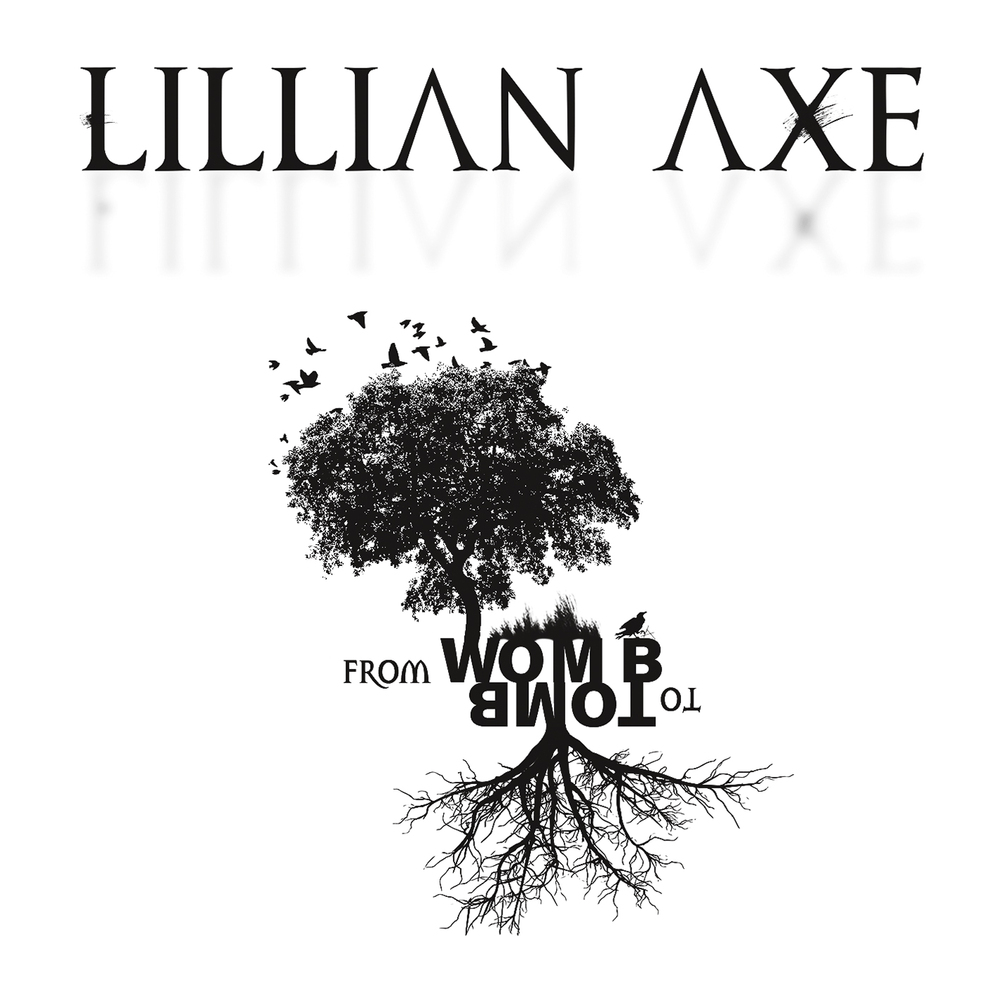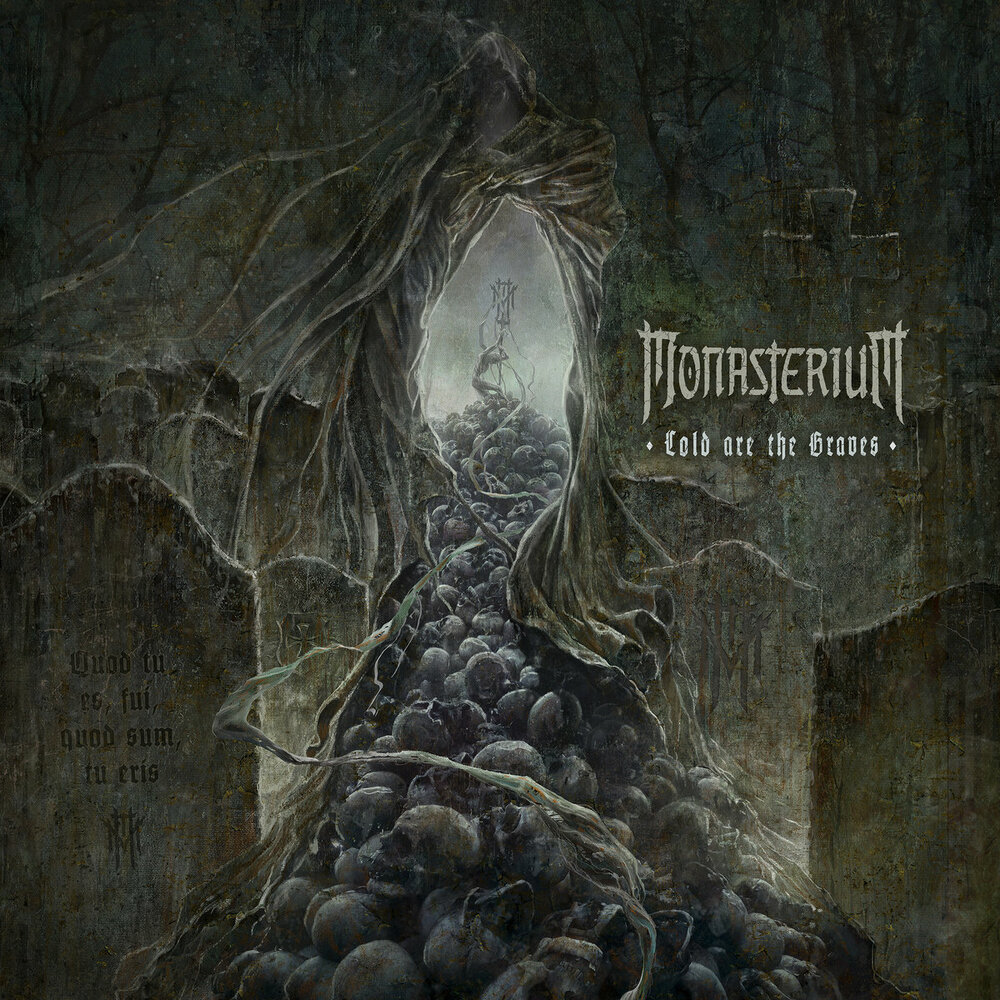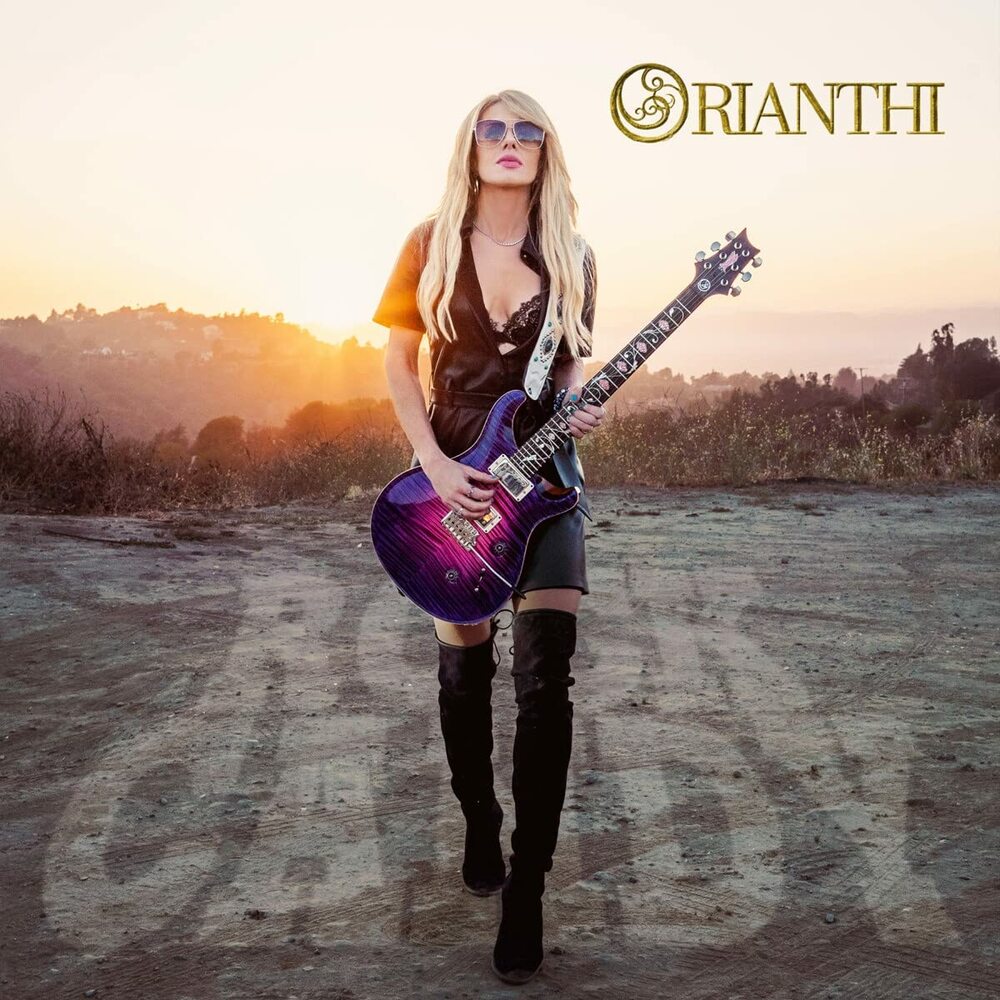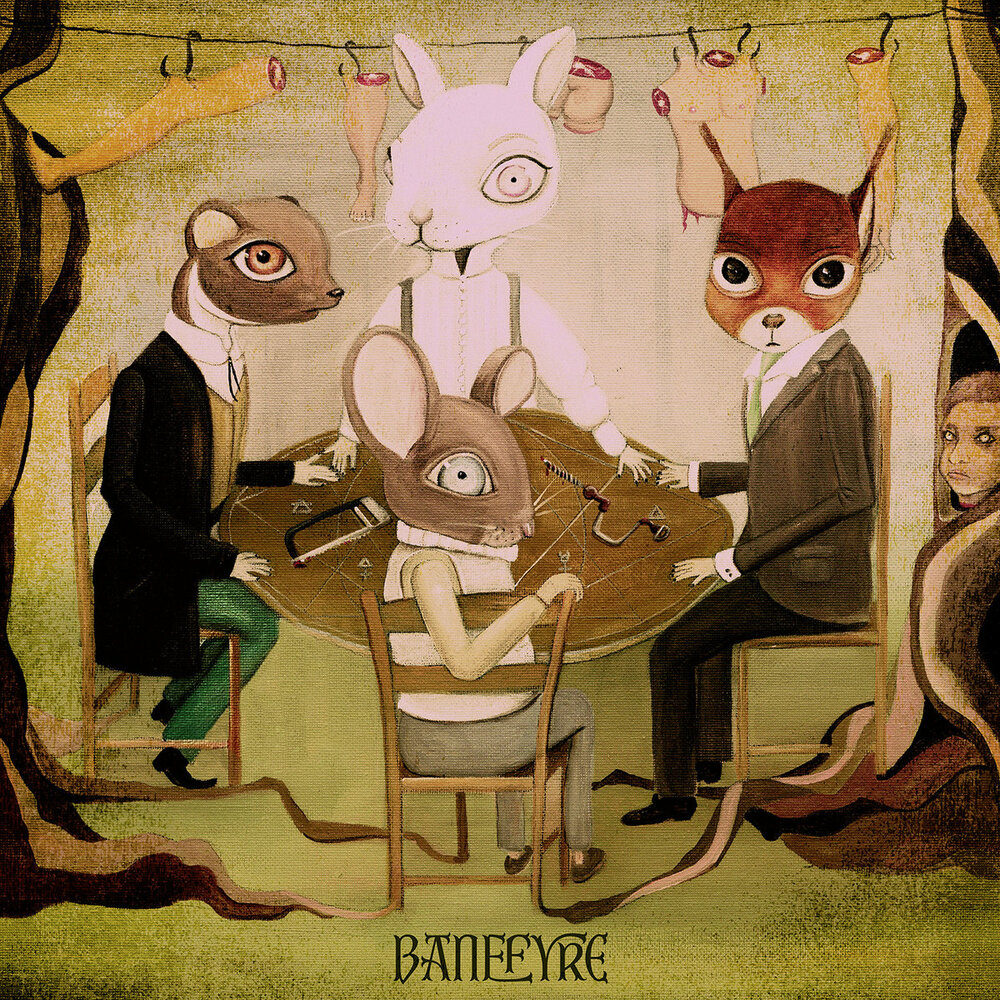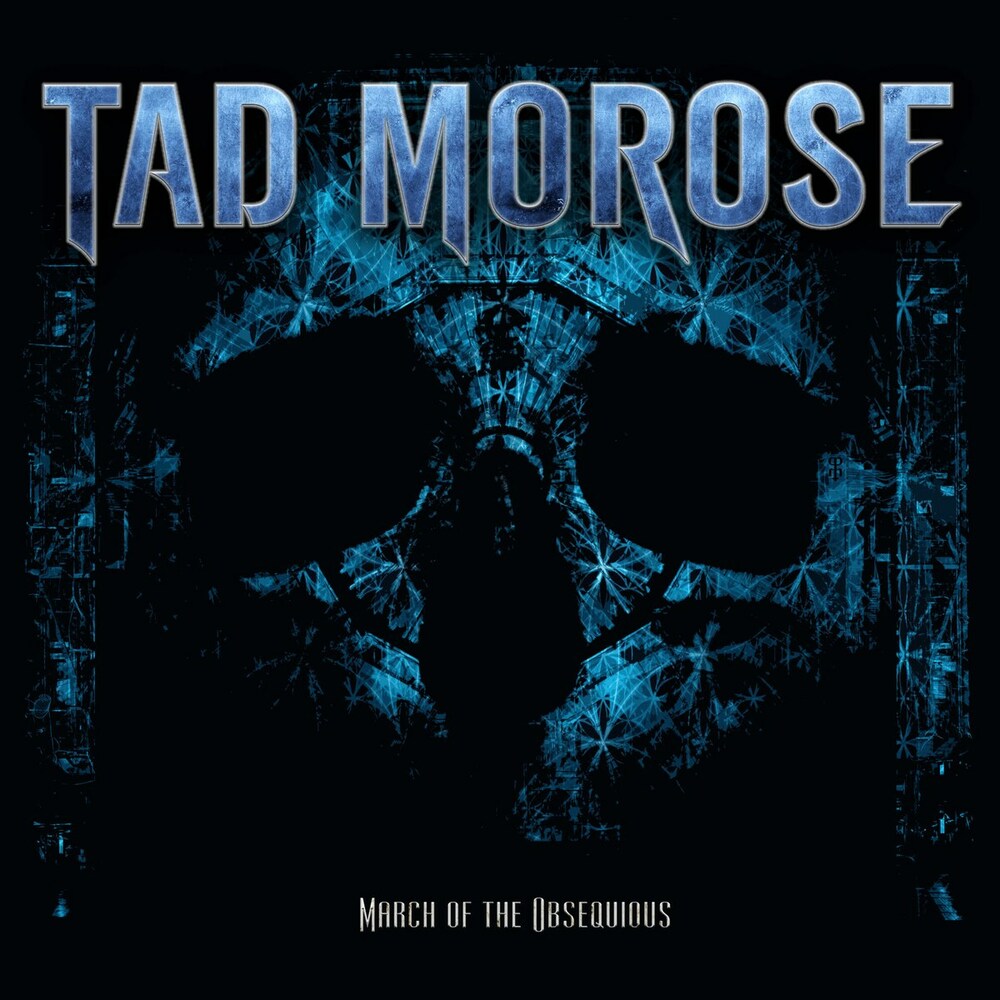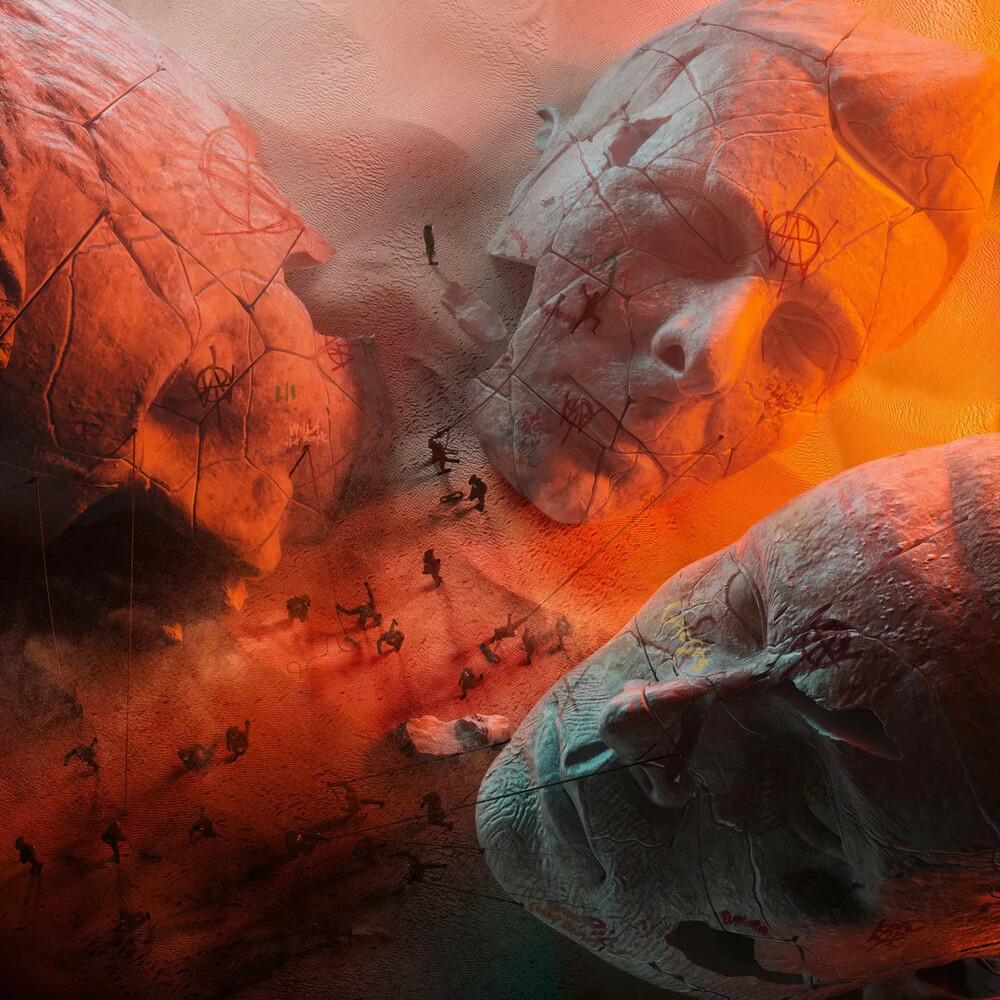 |
Country: UK
Style: Progressive Rock
Rating: 8/10
Release Date: 21 Oct 2022
Sites: Facebook | Instagram | Official Website | Twitter | Wikipedia
It shouldn't be too surprising that Arena play neo-prog rock, given that they were founded in 1995 by the current keyboard player of Pendragon, Clive Nolan, and the former drummer of Marillion, Mick Pointer. I remember both those bands well, but mostly from the eighties, even though I have thoroughly enjoyed more recent material. I gave Pendragon's Love Over Fear a rare 9/10 in 2020 and a still recommended 7/10 to Marillion's An Hour Before It's Dark earlier in 2022. I don't know Arena, because they're a product of the nineties, when I wasn't paying much attention to prog.
I'm also unsure as to how representative this tenth album is because there's another new fish on vocals, Damian Wilson, who joined a couple of years ago. He's their fifth singer and each of them has recorded at least one Arena album, so I presume their sound has changed quite a bit over the years because of the different voices who have led the band. Wikipedia tells me that they used to sound like Fish-era Marillion but have gradually moved closer to a different band of Nolan's called Shadowland, who play a poppier brand of prog rock.
That fits, because I'm hearing more Steve Hogarth-era Marillion here than Fish-era. Wilson's voice is clean and easy on the ears, but it's harder than Hogarth's and it commands our attention, even when he's being softer and poetic, especially early on in a slew of songs, like Field of Sinners. He's overt at the beginning of the album, leading an Iron Maiden-esque cheer to kick off Time Capsule, and he capably shifts between subtle and emphatic on that song and its even better follow-up, The Equation (The Science of Magic), setting a template for how he (and guitarist John Mitchell) go at everything here.
It's clear that Wilson is comfortable with going heavier, should it be needed. I'm not surprised to find that he used to sing for prog metal band Threshold, and the extension to his dynamic range is a facet that Hogarth doesn't have. He could do what Wilson does in the gentle sections of Field of Sinners or Under the Microscope and he'd do it in a similar fashion, but I don't buy into him doing any of the heavying up that happens on songs like The Equation or Pure of Heart. That lends this album even more versatility and versatility is never a bad characteristic for any progressive band to have.
What surprises me is that, while this is emphatically prog rock and never prog metal, everything I said there about Wilson goes for Mitchell too. He's played with a variety of prog bands too, but he currently fronts It Bites, who are a pop band, even if they're admittedly a progressive one, so even less likely to heavy up than Arena. Maybe he appreciates the different opportunities he gets here. Certainly he seems to be enjoying himself on this album, with excellent solos on The Equation and Part of You and an even better one on Life Goes On.
However, I don't see his guitar as the true lead instrument here, as we're used to it being in most rock music. That's because everything feels like it took the keyboard contributions of Clive Nolan as the bedrock on which to build everything else. It tends to be his keyboards that introduce songs, his keyboards that wrap them up and his keyboards that create the fundamental framework they follow and the tone they employ to make it happen. Mitchell's guitar is just one texture layered on top of that and, while I didn't count those solos, it wouldn't surprise me if Nolan got more of them than he did.
As seems to be the case this week, it took a while for this album to grow on me. Oddly, it was vocal hooks that caught me first, which surprises me given how keyboard-centric this is, but maybe it's a firm underline that Wilson is an emphatic success on his first album with Arena. It's a long album, nudging just past the hour mark, and it's the second half that's growing on me most. The Equation is surely the highlight of the first half, but I'd be hard pressed to choose between Life Goes On and Pure of Heart for the second, with Under the Microscope, Integration and Part of You all queueing up to say, hey, what about me?
And I guess that means that this is worthy of an 8/10. It's certainly an album I don't want to move on from yet, but I have others to review and can't stay here forever. I'm pretty sure I'll be back in a day or three though, to see how it feels in a different context.


